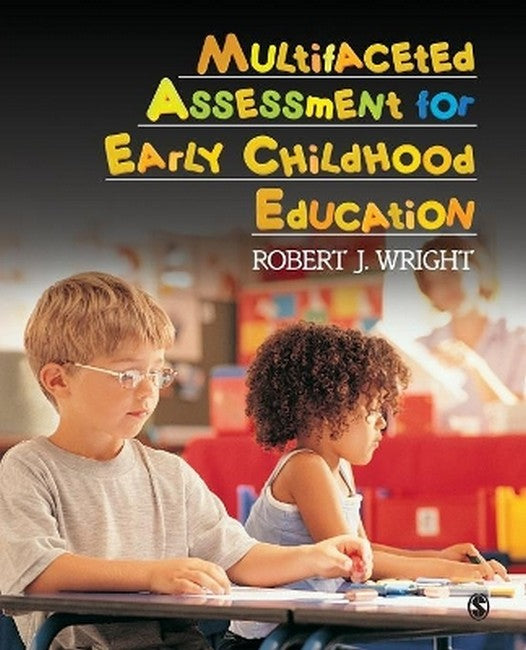Robert Wright earned a Bachelor's degree in Chemistry from Kutztown University of Pennsylvania in 1966, and began teaching high school science. A few years later in 1969 he earned a Masters degree in school counseling from West Chester University and was employed as a public school counselor, first with high school students and later with middle school students. In 1974 he completed a doctorate (Ph.D.) in Educational Psychology with specializations in child & adolescent development and educational measurement from Temple University. As part of that degree he completed a clinical fellowship in rehabilitation counseling at Moss Hospital, part of the Albert Einstein Medical Center (Philadelphia). Following graduation he completed advanced studies in school psychology at Lehigh University. Professor Wright has taught counseling and supervised counseling interns and has also taught educational measurement, and educational statistics & research for graduate students in counseling. He is a member of the American Counseling Association, the American School Counselor Association, the American Psychological Association (Division 17, counseling psychology), the Association for Counselor Education and Supervision, and the American Educational Research Association. He is professionally licensed to practice in Pennsylvania. During his career Professor Wright chaired 114 doctoral dissertations, published and presented over 120 articles and paper presentations and has had four books published.
Request Academic Copy
Please copy the ISBN for submitting review copy form
Description
Preface Acknowledgments Part I. Background, Current Issues, and Interpretation of Assessments in Early Childhood Chapter 1. History and Framework of Early Education and the Assessment of Young Children Chapter 2. Issues and Current Practice for Assessing Young Children Chapter 3. Understanding Early Childhood Assessment Scores Part II. Formative and Summative Assessments and Tests Chapter 4. Informal Evaluations of Young Children Chapter 5. Teacher-Constructed Scales and Checklists Chapter 6. Summative Measurements of Educational Outcomes Part III. Individual Screening Measures and Full Assessments Chapter 7. Developmental Assessments of Infants, Toddlers, and Preschoolers Chapter 8. Cognitive Assessment of Young Children Chapter 9. Standardized Assessments of the Early Academic Skills of Young Children Part IV. Parent Communication and Special Needs Children Chapter 10. Evaluating, Grading, and Reporting to Parents Chapter 11. Identification of Young Children With Special Needs Chapter 12. Family Involvement and Engagement Part V. Evaluation of Early Childhood Programs and Schools Chapter 13. Program Evaluation and Planning Glossary References Index About the Author
"I have every intention of using the text. It is the best one I've ever read. I really think this will help my students put all these little parts together and have a deeper understanding of assessment practices. The text is really excellent." -- Kathryn Sharp "I think the casepoints, websites, and examples of assessments would be helpful for pre-service teachers. This text would also be a good reference for teachers who are in the field due to its many resources." -- Beth Satterfield "It gives a comprehensive view of assessment that is easily understood. It delineates the issues surrounding assessment in a way that makes it possible for students to get the big picture. It helps them develop their own thinking about standardized and informal assessments." -- Susan Johns

